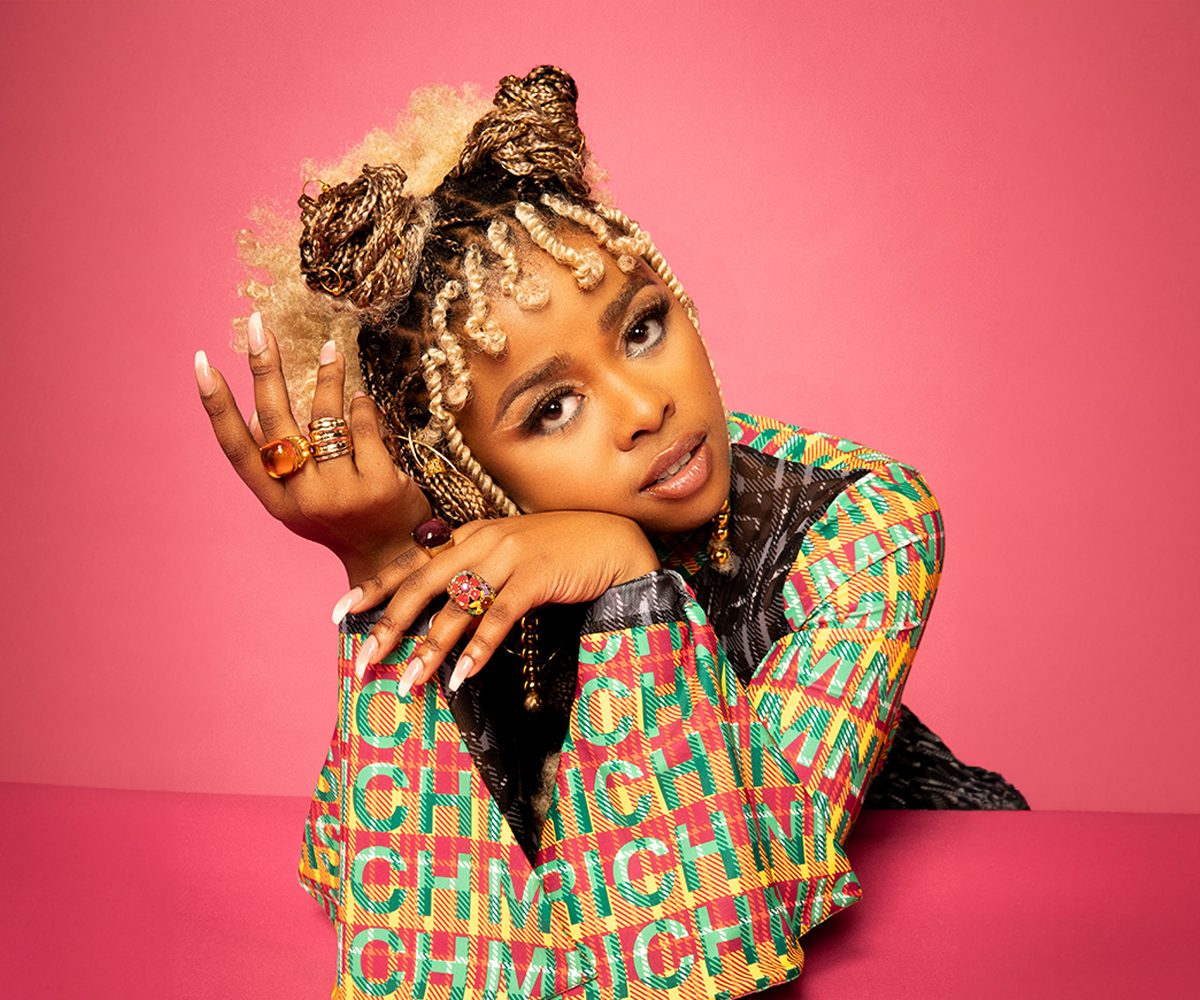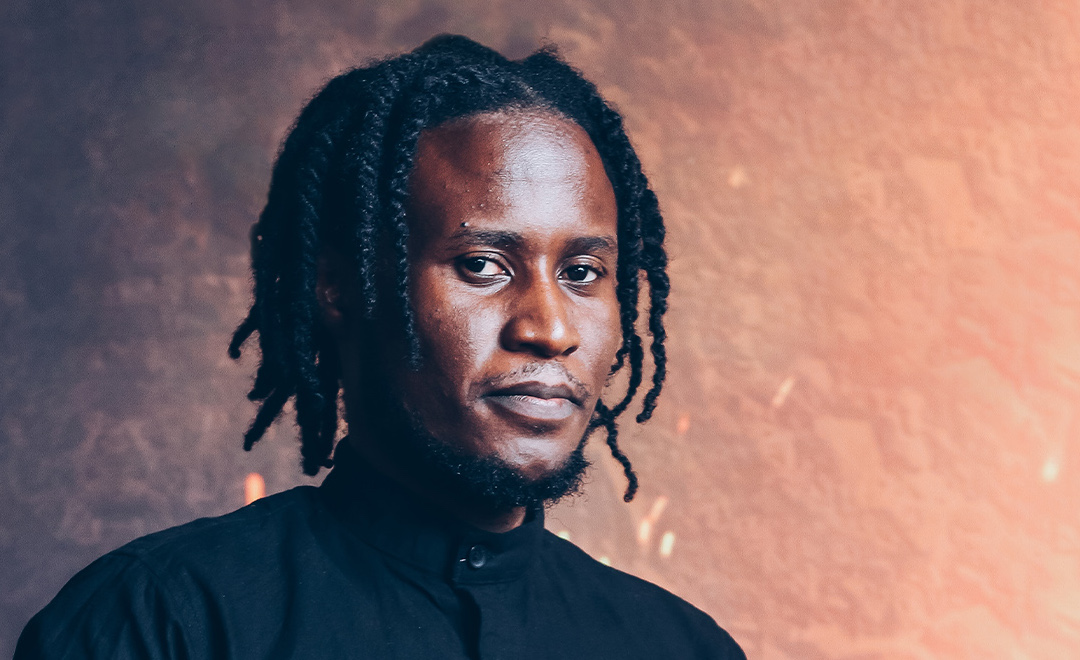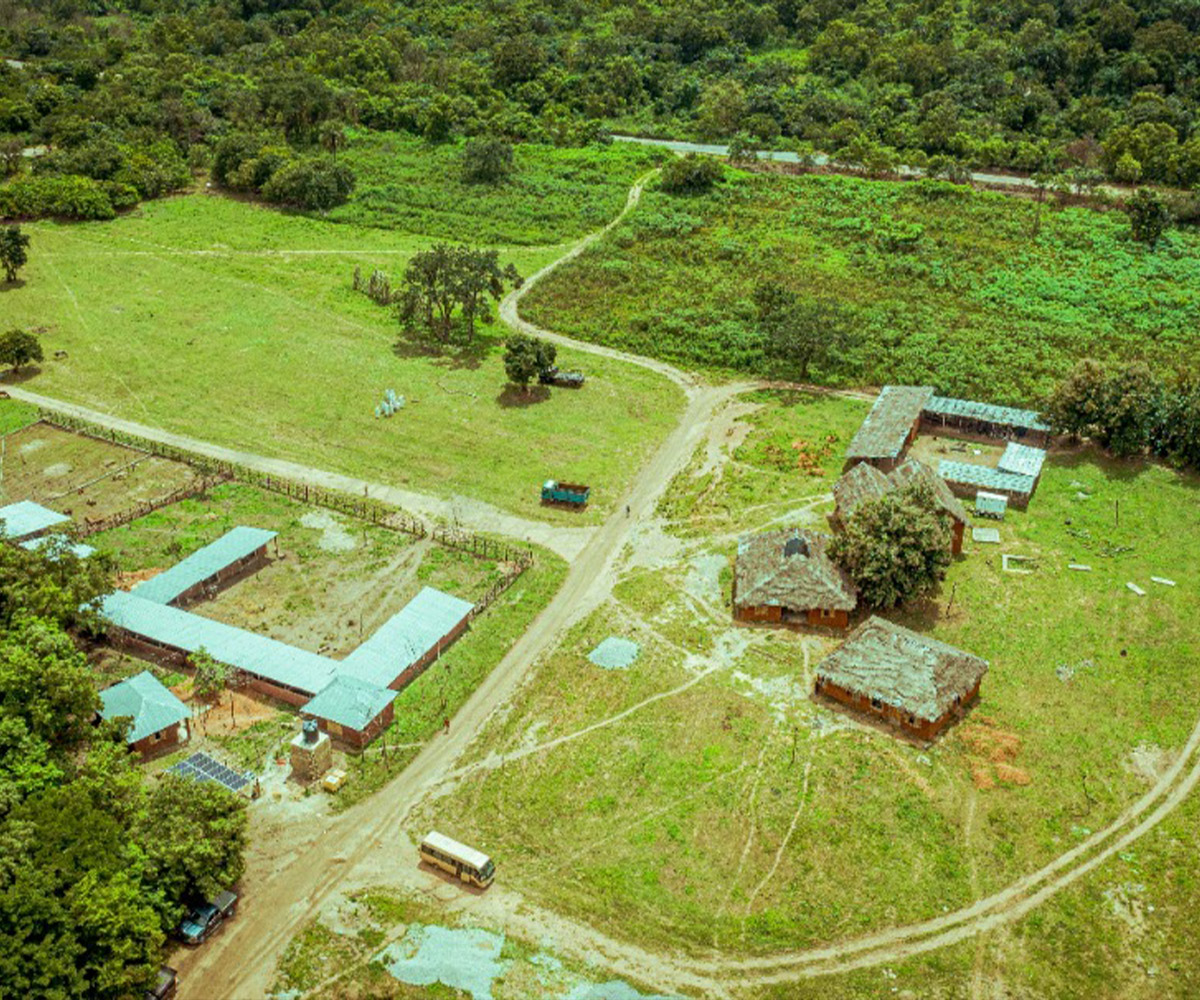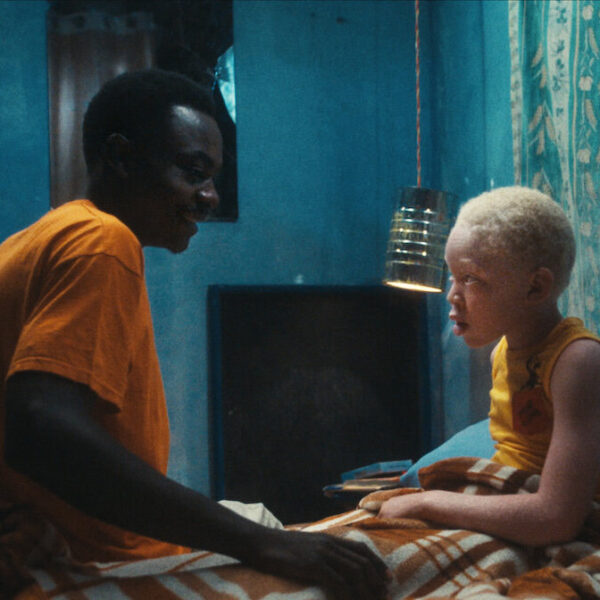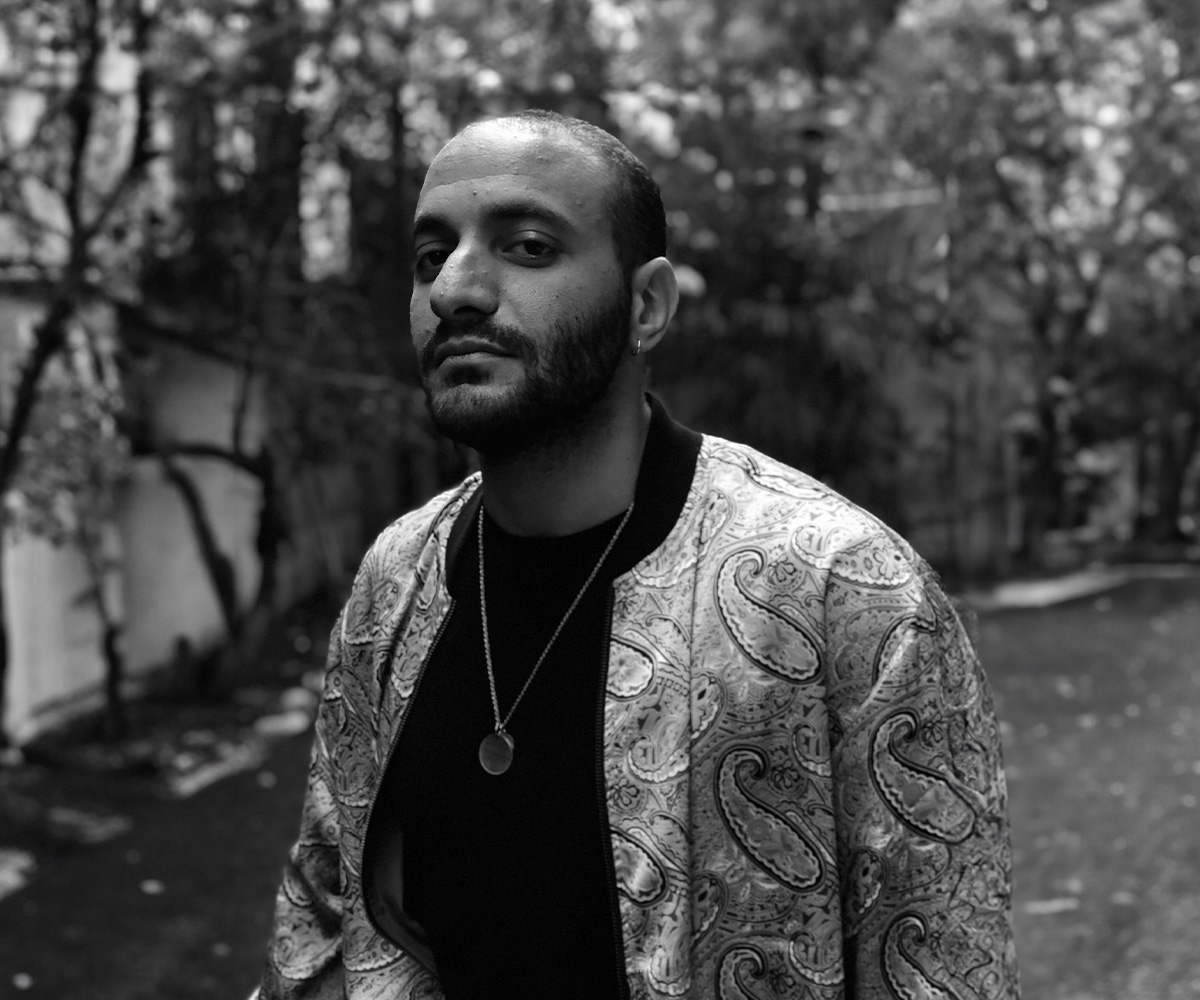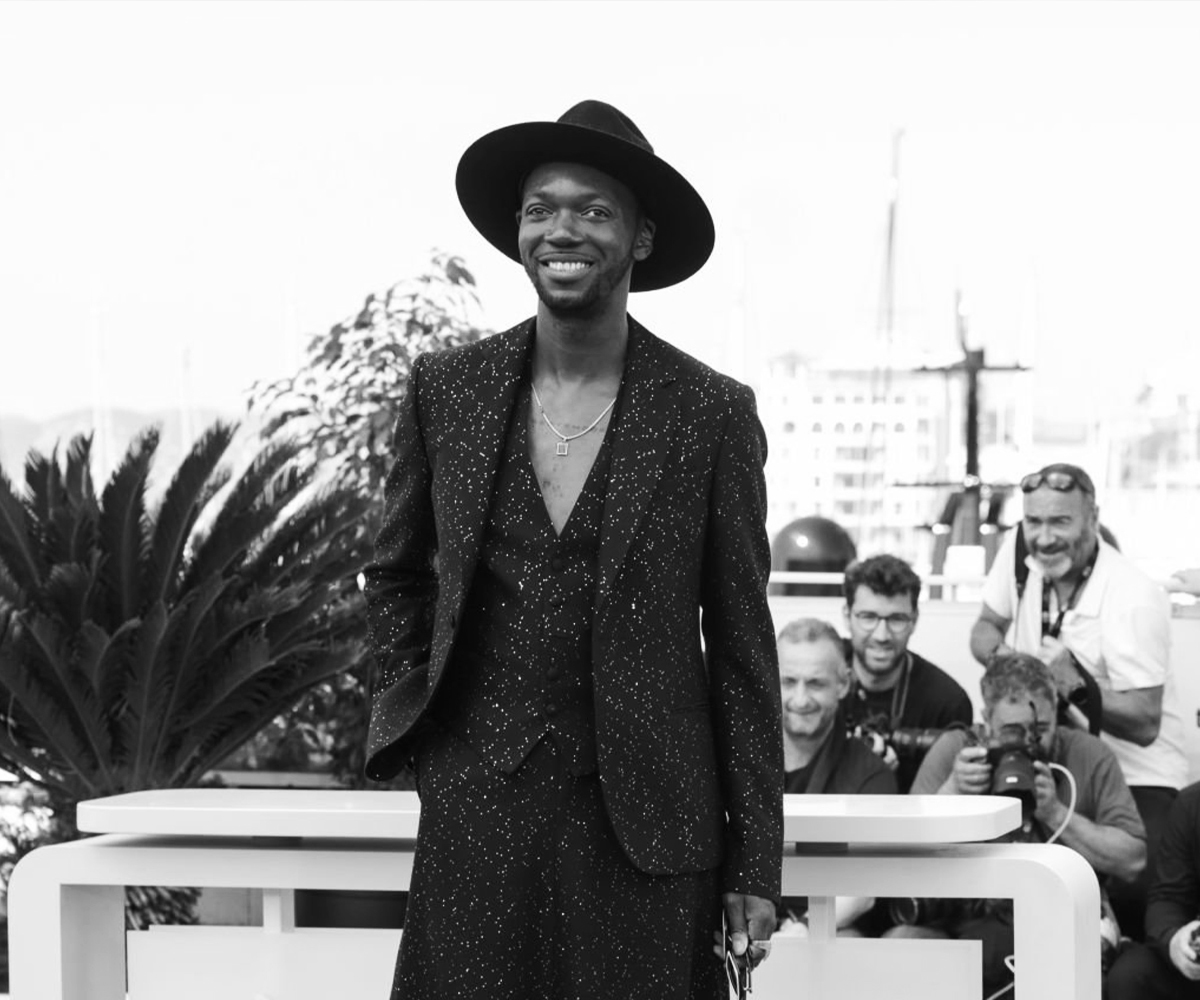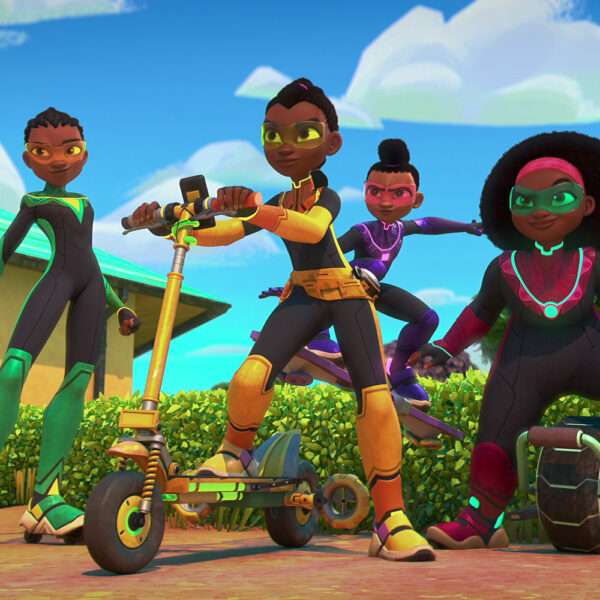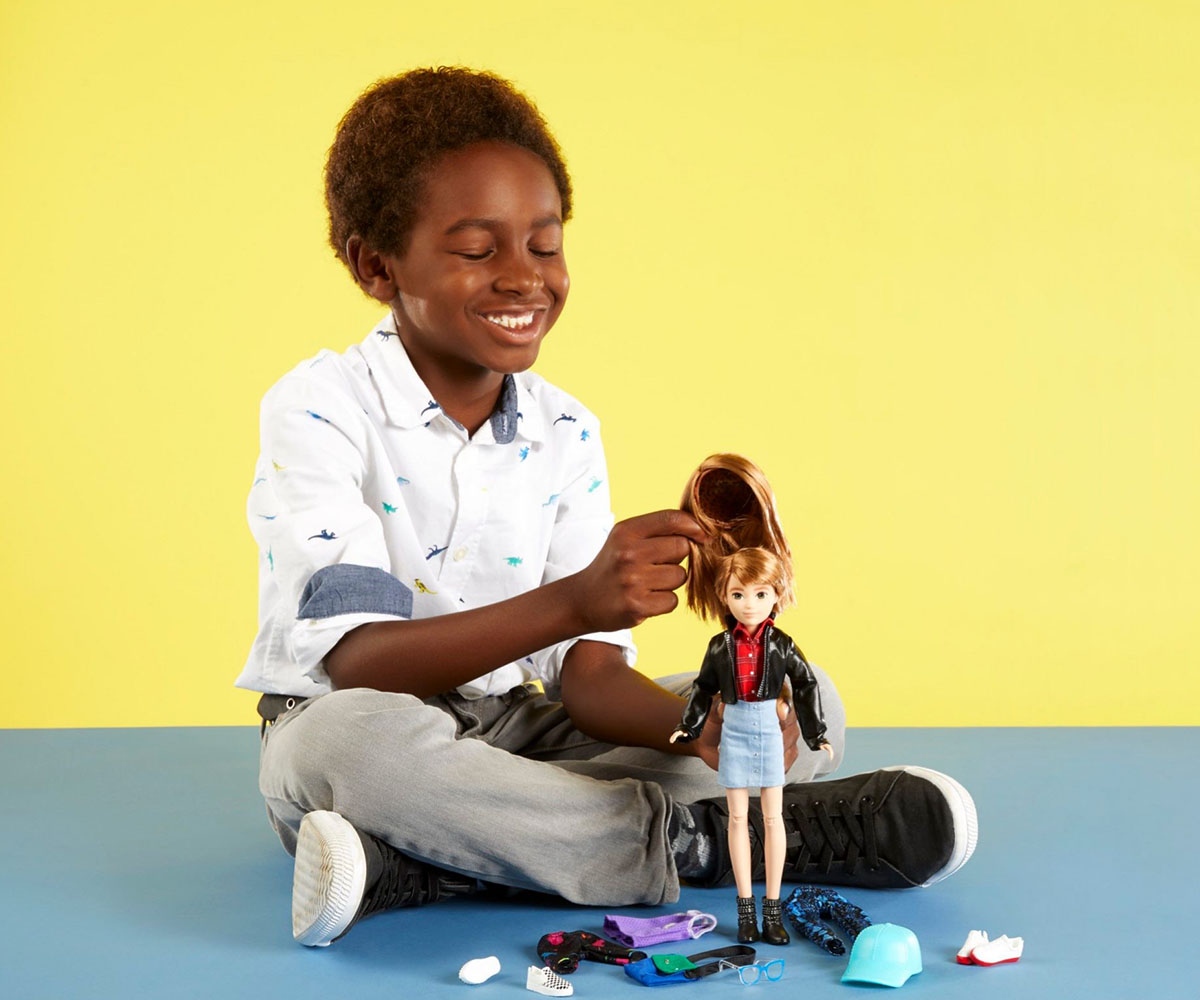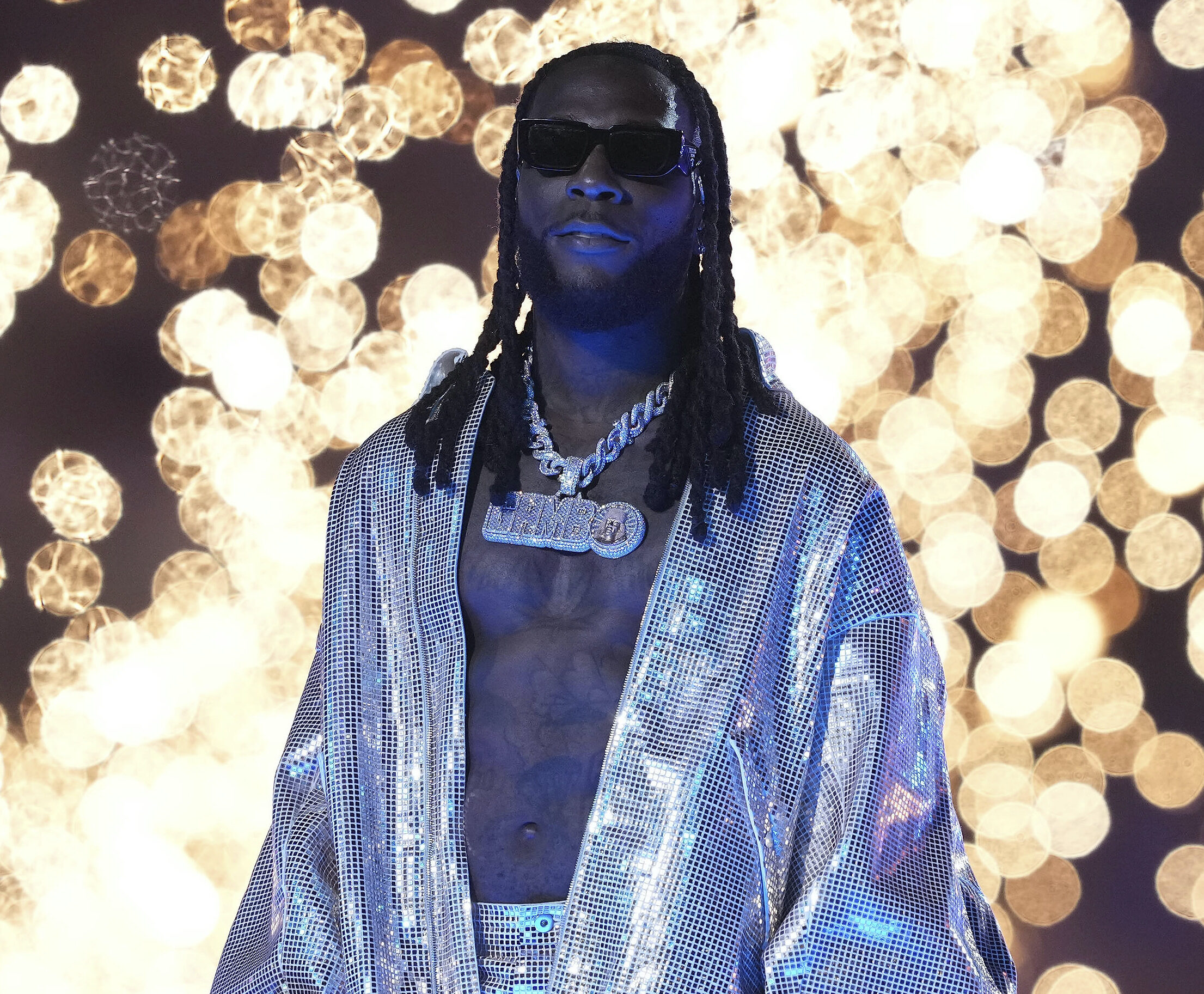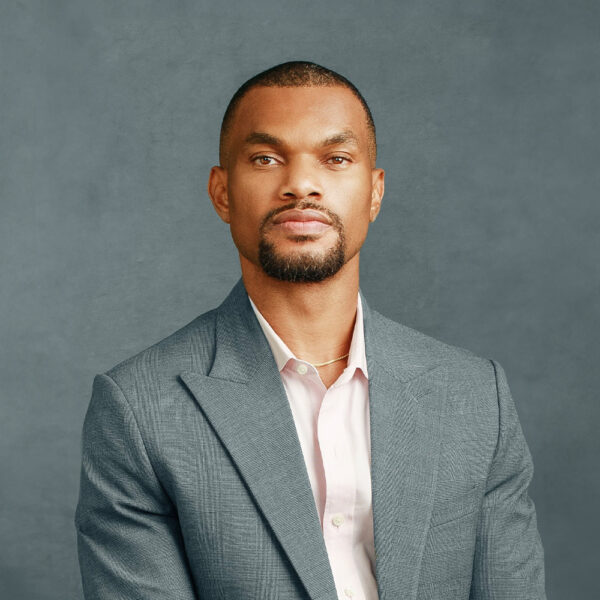
Photo credit: Aham Ibeleme
TV
Editi Effiong Is Here To Stay

Photo credit: Aham Ibeleme
How Effiong created the film that would go on to break records on Netflix
By Chisom Peter Job
October 2023
Despite being heavily inspired by his own tragic experiences, Editi Effiong couldn’t be more thrilled with his feature directorial debut, The Black Book.
The director, who had his first Nollywood experience with Up North – the 2018 romance drama, which holds a special place in his heart – has reached an unprecedented level of success with The Black Book. The film is currently breaking records on Netflix with a budget exceeding $1 million, and a cast of veteran actors, including Richard Mofe-Damijo, Sam Dede, Ireti Doyle, and a host of others. It had up to 5.6 million views in its first two days and has been on the top 10 list in over 50 countries since its release, making it the biggest African film on Netflix so far.
“For the most part, I know we worked really hard, and we make films for audiences, so I’m happy that they love the work,” he tells STATEMENT. “I also love that feedback shows the audience felt what we wanted them to feel, and the Netflix algorithm is going to show that people paused the film at the 20th minute mark to catch their breath.”
While Up North, produced by Effiong’s digital agency, Anakle Films, was an ambitious project for him, and the “largest film ever shot in Nollywood, in terms of diversity,” The Black Book is the biggest Nigerian film ever done, demonstrating Effiong’s breakneck artistic growth.
After Paul Edima’s (Richard Mofe-Damijo) son gets framed for a crime he didn’t commit, and is shot by the SAKS officers, we watch as Edima breaks down upon seeing the lifeless body of his only child. Set to the powerful, A Song by Dolu, the scene explores the depth of his grief and what losing a loved one feels like.
He explains, “I didn’t direct RMD’s scene as it’s my lived experience. I’ve lost a child. I had two boys, and lost my second boy in 2015, so I’m kind of an expert in grief and I’m very aware of those feelings and what it makes one do, and the questions it makes one ask,” he pauses. “Beyond the grief scenes, the depth of his grief was in the acceptance that he’s lost his child, and will do nothing about it.”
Edima doesn’t pursue the Nigerian government to achieve justice for his son’s death. He does, however, spend the entire film redeeming his son’s name, and making sure everyone involved in it paid a price.
Over Zoom, Effiong spoke more about The Black Book, a possible director’s cut, and what’s next.
STATEMENT: What was your feature directorial debut like?
Effiong: What was it like for me? The good thing about making a film in that position is that you have so much work to do, and you commit yourself to that. When you have a job to do, you expect the actors to divorce themselves from themselves and embody the character. You also have to take away your own self, and leave only the things that will help you take the character on this journey.
How difficult was it?
It’s the biggest film ever made in Nollywood, so what do you think? We had [a] Covid outbreak on set, and had to shut down for 10 days. And at that point you have to take care of the people who work with you, and that affected things down the road. Some members of the crew resigned because we shot for two months in Lagos and were going to Kaduna, and they didn’t want to because people were tired. There were security issues in Kaduna and we had to maintain a small private army. So, yeah.
How much of your lived experience was included in the film?
I live in this moment; in the physical and also live in my head. His son worked in an advertising agency, and I do too. Every Nigerian has also had an encounter with the police too. Beyond that, I do well with active imagination.
Alright, so were the explosions real?
All the explosions were real. We pulled them off on set.
Oh.
I can tell you about the big explosion at the farm. The first day, we assembled a big set, pulled it together and were supposed to shoot it at 6:45 pm, because it was the exact time we needed to pull that scene. So we got everything together, and when the explosion went off, it was terrible. It was small, nothing. Thinking about it brings back bad memories, and I thought I was going to fail. The next day, we set it up again, and this time, it worked, and it worked really well.
That’s cool! I recently saw a post of yours, and wanted to know if we’d be getting a director’s cut anytime soon?
It’s something I’ll have a convo about and see if it’s possible. I’m very happy with the picture that people see, and I do also think that people will appreciate a more relaxed cut of the film where conversations can be had for much longer, and people can see the characters in the way I had thought that they should be seen.
That’s great! What should we look out for from you?
I have a fourteen picture slate for the next five years, so that is a huge challenge. I do know that we’re on set in January, May, and September. Next year will be a busy year.
The Black Book is streaming on Netflix.
